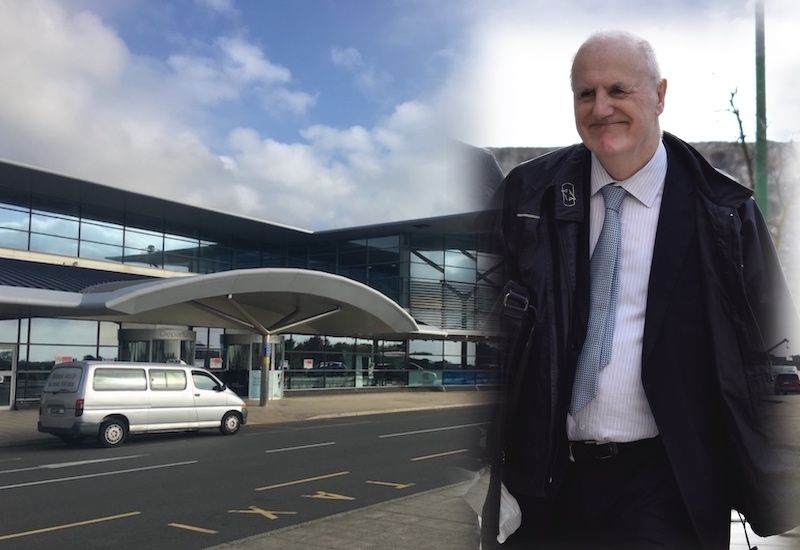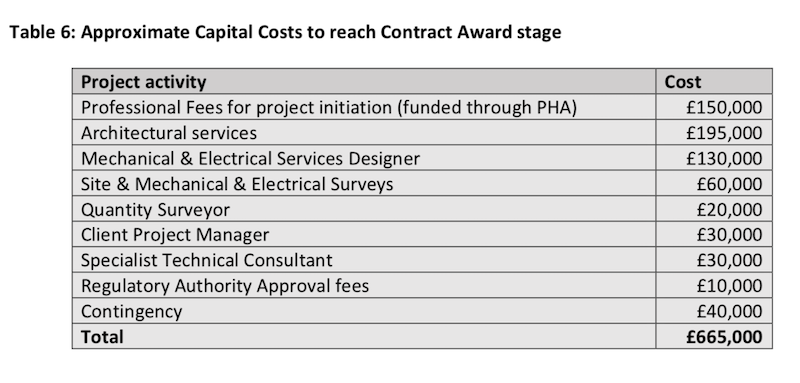

A £12m project to overhaul the hold baggage screening systems at the airport with two new scanning machines, conveyor belt and carousel has received States backing.
The States of Guernsey has set the ball rolling on the multi-million pound project, with a procurement process to commence soon after the Assembly resolved that the current equipment had to be replaced as a matter of urgency.
The existing Hold Baggage Screening Explosive Detection System (HBS EDS) was installed in 2004 as part of the new terminal development.
States' Trading Supervisory Board President Peter Ferbrache said that equipment is reaching the end of its operational life.
"On the advice given at the time it was fit for purpose but going forward it is not sufficient," he said.
The States agreed, by 20 votes to 16, to include the project with the 2017-2021 capital portfolio and push ahead with the plans.
Pictured: Deputy Ferbrache said the likelihood of technical failures with the current equipment has increased as the systems have aged.
This will result in the project being funded from the Capital Reserve, subject to the approval of the outline and full business cases, once they have been drawn up.
"At present the airport processes approximately 900,000 passengers per annum and to sustain this the HBS system must be capable of screening 580 bags per hour at peak times," said the STSB. "In order for the airport to accommodate annual passenger numbers of 1.2 million, the HBS system must be able to process 636 bags per hour. Allowing for some future growth, passenger numbers amounting to 1.5million passengers per annum would require the processing of 850 bags per hour by the HBS system."

Pictured: The work that will be carried out next and what it is due to cost.
As Guernsey Airport is classed as a UK ‘Domestic’ airport for the purposes of aviation security regulation, Deputy Ferbrache said the x-ray device had to be upgraded in order to align with the standards in place across UK airports.
£150,000 has been spent to date with a further half a million set to be spent on the procurement process.
"This essential investment represents a significant capital outlay, which reflects the specialist nature of the works," said Deputy Ferbrache. "The estimated cost for the preferred option at this stage of the project has been identified in a range of £10.5million - £12million. Whilst this cost estimate includes appropriate contingencies and a set of assumptions, it can only be indicative until final design and procurement."
Pictured top: Deputy Peter Ferbrache.
Comments
Comments on this story express the views of the commentator only, not Bailiwick Publishing. We are unable to guarantee the accuracy of any of those comments.